On Hitek, we regularly talk to you about science fiction, and in particular about our expectations for the Seventh Art (to see the major sci-fi works coming in 2025, click here). Today, we're going to look at a genre that's often linked to it: dystopia. What is a dystopia? According to the Larousse dictionary, it is an "imaginary society governed by a totalitarian power or a harmful ideology, as conceived by a given author."
Automatically, we think of several notable works of cinema whose narrative is structured around a critique of the possible excesses of society, reflections of the concerns of our time. We invite you to take a look at 6 must-see feature films about these dark futures that are sometimes larger than life (that's what's scary).
#1 Planet of the Apes(from 1968 to the present day)
The concept is dizzying: three American astronauts, lost in space-time, crash land in 3978 on a mysterious planet, inhabited by primitive humanity and highly evolved apes. A mysterious planet that is none other than Earth, now dominated by primates following a nuclear cataclysm. The story, of terrible darkness, buries the United States under the rubble of a destructive conflict, a distant reflection of that of the Cold War, then the main source of anxiety for Americans.
Directed by Franklin J. Schaffner and released in 1968, the film, adapted from the work of Pierre Boulle (published in 1963), will spawn an incalculable number of more or less successful sequels: since 2011, a new series of films has emerged with The Rise of the Planet of the Apes, Dawn of the Planet of the Apes, War for the Planet of the Apes and the highly successful New Kingdom of the Planet of the Apes in 2024. In this reboot of the franchise, it is now the dangers of uncontrolled scientific experimentation, motivated by financial interests, that are expressed on screen. The danger of nuclear power has passed, humanity trembles before viruses and genetic manipulation.
#2 Mad Max (from 1979 to the present day)
Ha, Mad Max... If you too watched in horror as Furiosa flopped at the box office, you already know that the future of the saga is as bad as the fictional universe it depicts. Directed by the visionary George Miller, the story of this traffic policeman played by Mel Gibson has been reinvented many years after the release of the first film, this time in the guise of Tom Hardy.
The character was originally trying to maintain order in a post-apocalyptic future where oil is more valuable than gold and crime is rife in society, he is now trying to survive - and that's it. In the Australian director's sights? The threat of an ecological disaster, where water would be reserved for an elite, bodies deformed and diseased, and women infertile. The planet's resources are running out, and our once verdant planet is now nothing more than an endless desert where people kill each other for a drop of diesel... Very current ecological and feminist considerations.
#3 Starship Troopers (1997)
STARSHIP TROOPERS (1997) pic.twitter.com/FyuL5hzP68
— ULTRABLAST (@ultrakillblast) March 7, 2025
Paul Verhoeven, as you may know if you're familiar with his work, is not a happy filmmaker. The Dutch director, then based in the United States, had just made Showgirls (1995), a film long despised by audiences and one of his worst commercial failures. Two years later, he decided to take his audience to a distant future with totalitarian overtones: in a society under control, an elite is tasked with ensuring the cohesion (and happiness?) of the people with well-crafted propaganda in the face of an alien threat.
This collectivist utopia has long since annihilated the individual, and offers a disturbing mirror to what it claims to fight. After all, in the film, the giant alien insects the heroes fight have exactly the same discourse as our army of humans... The army's propaganda has infiltrated all strata of society and swept away the concept of free will. A true nightmare.
#4 Terminator (from 1984 to the present day)
This absolute classic from James Cameron needs no introduction, one of the rare films to belong to the TechNoir movement. This name echoes the nightclub where the heroes of Terminator, Kyle and Sarah, take refuge. It blends science fiction and film noir, in films where technology is presented as a harmful, destructive, and deadly entity. The story falls into the subcategory of dystopias in which artificial intelligence, generally in the form of a dangerous machine, turns against man. Here, man signs his own downfall in his frantic quest for progress in a dark, realistic, and violent atmosphere, with no escape (or almost). Unsurprisingly, the cyberpunk Blade Runner also belongs to this movement.
#5 12 Monkeys (1995)
Ten years after Brazil, where he explored the consequences of a totalitarian dystopia on an individual prey to the injustice of a system that exploits him, Terry Gilliam tackles the fear caused by viruses. In 12 Monkeys, humanity is doomed, and unlike Terminator, sending a messenger into the past to prevent the impending catastrophe won't stop it from happening.
Always very comfortable in the role of an average person drawn into a catastrophic adventure bigger than life, Bruce Willis finds himself trapped in an inescapable time loop, which causes him to witness his own death when he is still only a child. With the endless progress of science and the recent Coronavirus outbreak, the film takes on an air of utterly terrifying realism...
#6 The Hunger Games (from 2012 to the present day)
It would be unfair to sum up The Hunger Games as young adult content. With Suzanne Collins having just released a new novel, Sunrise Over the Harvest, which will be adapted by Lionsgate for the big screen in 2026, we are keen to pay homage to one of the best dystopian sagas on the big screen. In the near future, an elite (another one!) has enslaved the people by condemning them to entertain them. Like the bread and circuses of the Romans, the Capitol organizes cruel "reality TV" where poor young people from 12 Districts kill each other with the ultimate reward: being able to feed themselves.
Subject to the absolute authority of leaders completely disconnected from reality, the districts are constantly reminded, via effective propaganda, of their inferiority... With the added bonus of a real reflection on the excesses of TV spectacle, which makes us seriously wonder what the limits are.
And you, what is your favorite dystopian film?

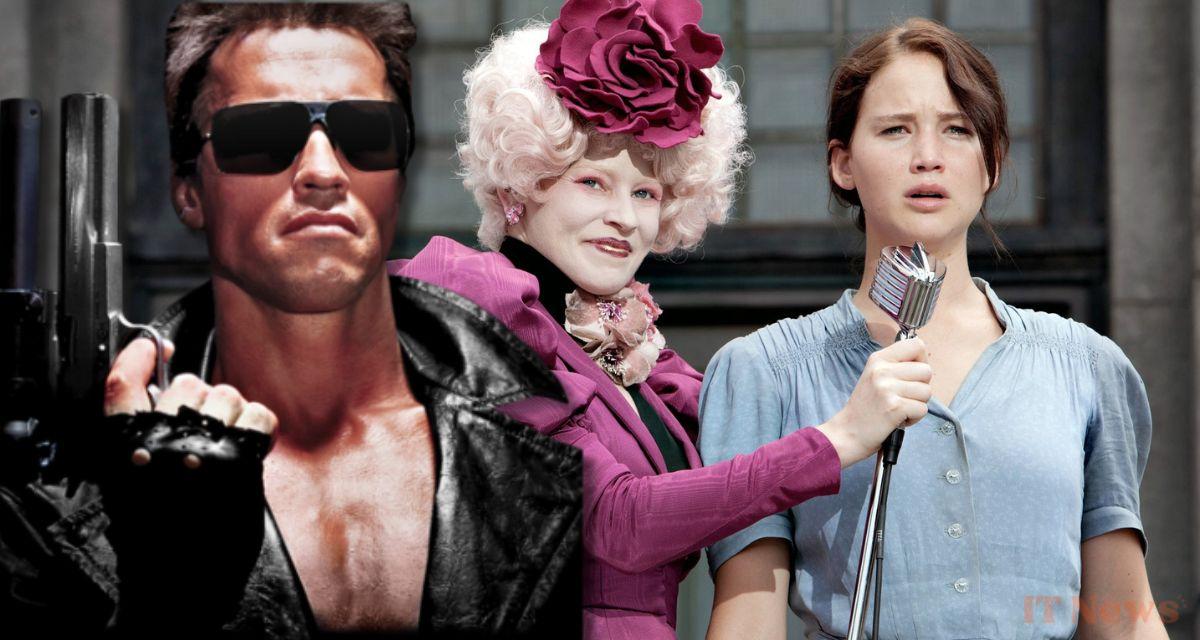
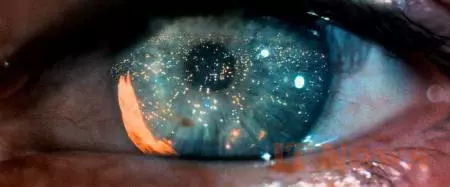
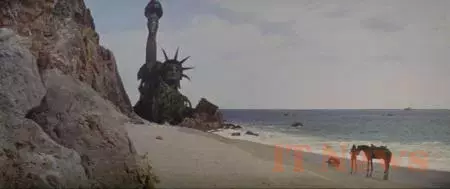
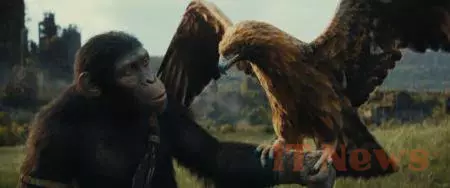
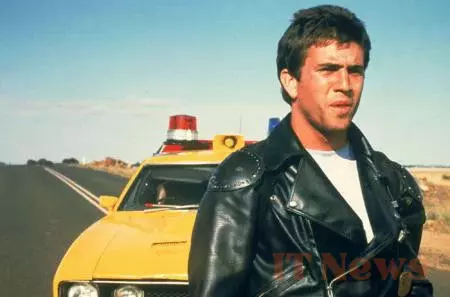
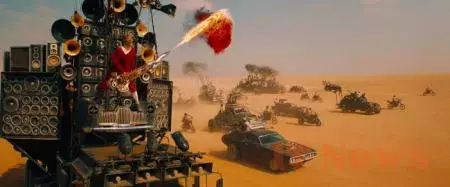
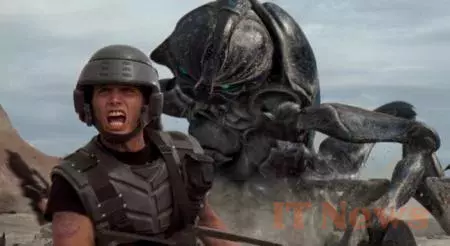

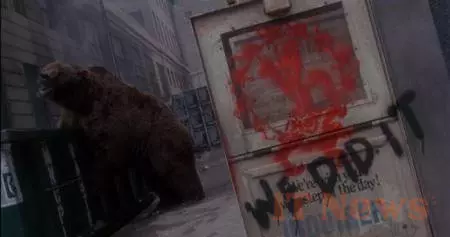
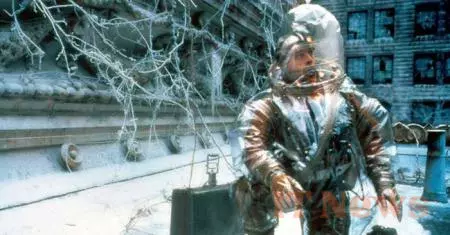



0 Comments